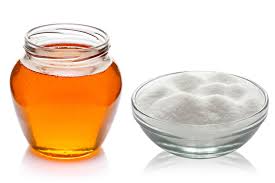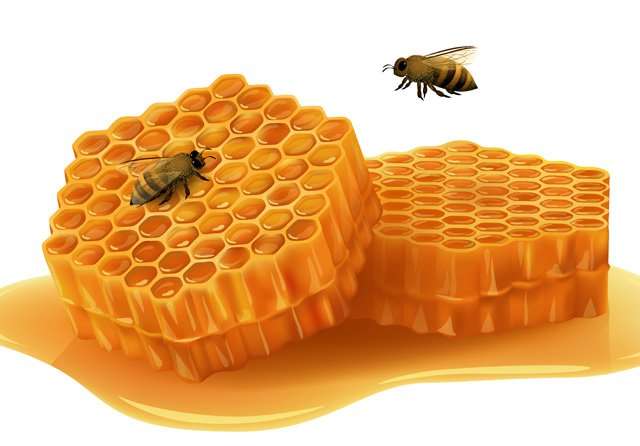Is Honey Good For You?
Honey is rich in vitamins and minerals
Honey differs from refined sugar in some very important ways. Honey contains natural vitamins and minerals, amino acids, and enzymes, although it’s important to note that these are in very small amounts. The vitamins present in honey are B6, thiamine, niacin, riboflavin and pantothenic acid. The minerals found in honey include calcium, copper, potassium, iron, magnesium, manganese, phosphorus, sodium and zinc.
Honey and heart health
Honey is also rich in phenolic acids and flavonoids, which are a source of natural antioxidants and it is free of fat and cholesterol. Antioxidants have been linked to reduced risk of heart attacks, strokes and some types of cancer. They may help the arteries in your heart dilate, increasing blood flow, and they may also help prevent blood clot formation, which can lead to heart attacks and strokes. They are also thought to promote eye health.
It is as well to note that there is as yet no long term study available on honey and heart health, so any results available should be not taken as conclusive.
Honey and table sugar compared
Honey has more calories than table sugar (about 22 per teaspoonful compared to 16 for the same amount of sugar). However, we generally use less of it because it’s naturally sweeter, plus it has various health benefits that far outweigh the higher calories.
Both honey and table sugar contain glucose and fructose. Refined sugar, however, has the glucose and fructose linked together whereas in honey they remain as individual components.
Many food products contain added fructose simply because it is sweeter than glucose, but it does not convert to energy as efficiently as glucose. That’s why processed foods containing sugar high in fructose convert to fat more readily than honey.
Raw honey is a totally natural sweetener, without any heating or processing taking place in its production. Even commercial pasteurised honey has only one processing step involved – it goes through a heating process to prevent crystallisation and yeast fermentation during storage.
Table sugar is not much more than ‘empty calories’
Table sugar, on the other hand, is a highly processed product; all naturally occurring minerals are stripped out from the sugar cane, leaving a product that is literally devoid of vitamins, minerals, and important enzymes. This is a huge factor in malnutrition, which occurs surprisingly often in developed countries.
Honey and diabetes
Honey can lower several risk factors for heart disease common in people with type 2 diabetes. For example, it may lower so-called bad LDL* cholesterol, triglycerides and inflammation, while raising ‘good’ HDL* cholesterol.
Some studies, however, have found that it can also increase blood sugar levels, so while honey might be better than refined sugar for those with diabetes, it should still be consumed with caution. People with diabetes might be best minimising all high-carb foods.
Also be aware that some honey might be adulterated by the addition of refined sugar or syrup. This is an illegal practice in most countries, but sadly it still goes on.
The role of honey in healing
Applying honey to wounds and burns to promote healing has been practised since ancient times. I remember reading a long time ago that Roman gladiators and soldiers were routinely given honey to help them maintain their health and strength and, in the event of being wounded, would have honey applied to the wounds. So it was seen, even then, as a promoter of good health, both internally and externally.
This practice was recently researched scientifically; a review of 26 studies on honey and wound care found honey effective at healing partial-thickness burns and wounds that had become infected following surgery. And honey is known to be an effective treatment for diabetic foot ulcers, which left untreated could lead to amputation.
EXERCESS is an online community of people who want to seriously improve their health and fitness, both mental and physical. JOIN FREE TODAY! … and get complete and unfettered access to an absolute goldmine of valuable information. Already a member? Sign in!
Sorry ... MEMBERS ONLY!
UNLOCK FOR FULL EXERCESS!
